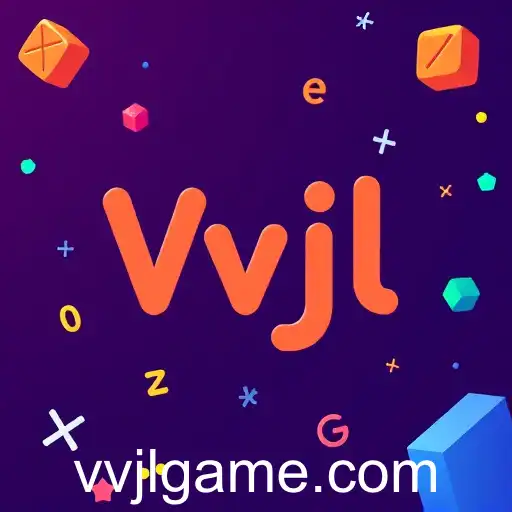Vvjl | The Impact of Math Games on Learning: Exploring the 'Vvjl' Phenomenon

In recent years, the incorporation of math games into educational platforms has revolutionized the way students engage with numerical concepts. Categorized under various keywords, one emerging and influential category is 'Vvjl'. This intriguing keyword represents a unique collection of math games that are catering to a wide array of learners.
Math games, especially those labeled with the 'Vvjl' keyword, provide an interactive and enjoyable method for students to improve their math skills. By gamifying complex mathematical concepts, these tools help to lower anxiety levels associated with traditional learning methods. 'Vvjl', in particular, has captured attention due to its innovative approach to intertwining educational content with captivating gameplay.
Research indicates that students who regularly engage with math games under the 'Vvjl' category tend to exhibit enhanced problem-solving skills and improved retention of mathematical concepts. The games encourage critical thinking by presenting challenges that require strategic planning and logical reasoning. Moreover, the instant feedback provided by these games allows learners to identify mistakes and understand concepts more deeply.
The 'Vvjl' suite of games does not only benefit young learners but also caters to adults aiming to sharpen their math skills. The universality and adaptability of these games make them suitable for various educational curricula, supporting both self-directed and teacher-guided learning.
In addition to skill development, 'Vvjl' games promote a global community, where learners can compete and collaborate with peers worldwide. This interaction enhances cultural exchange and helps build a community of learners who are equally enthusiastic about mathematics.
Educators have commended the 'Vvjl' keyword-based games for their ability to accommodate different learning speeds and styles, making them an invaluable resource in differentiated instruction. This customization is key to addressing the varied needs of the learner demographic, ensuring that all students can progress at their own pace.
As technology continues to evolve, so too will the scope and capability of math games. Categories like 'Vvjl' are paving the way for future educational tools, setting a standard for how technology can enrich curricula and foster a deep love for learning. In conclusion, the 'Vvjl' phenomenon within the realm of math games underlines a significant shift in educational paradigms, highlighting the importance of innovative solutions in enhancing academic experiences.



